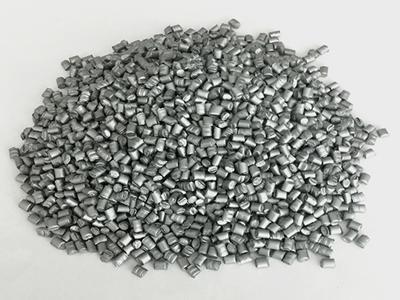NEWS
KNOWLEDGE ABOUT INDUSTRIAL PLASTIC-KYJAN PLASTIC
Engineering plastics – industrial plastics are high-molecular-weight compounds, used as materials to manufacture a variety of items in daily life to industrial products, associated with modern human life. They are materials that are capable of deforming when subjected to heat and pressure and still retain that deformation when the effect is removed. So what is plastic? Or in other words, what is plastic?

Plastic is also known as plastic, which is produced into a variety of items in daily life such as: raincoats, electrical conduits, baby plastic wardrobes… plastic products derived from crude oil. There are 3 types of plastic materials used in household appliances:
THERMAL DURABLE PLASTIC
It is a type of plastic that, when heated to the melting point, softens, and when the temperature is lowered, it hardens. Mechanical properties are not high when compared to thermoset plastics. Thermoplastics are recyclable many times.
PE plastic: can allow gas and incense to penetrate through, used as bags of all kinds, containers (cans) with a volume of 1 to 20 liters with different thicknesses, but cannot be used to manufacture products kind of plastic baby clothes. PE bottle caps are susceptible to odor absorption, so food bottles with PE caps must be stored in an environment free of odorants.

PP (Polypropylene) plastic: low cost, tearing and tensile strength, quite strong, not as flexible as PE, not stretched and made into fibers. Especially the ability to tear easily when there is a cut or a small puncture. Withstands temperatures higher than 1000 degrees Celsius. Used as single-layer packaging to preserve food.
PS (Polystyrene) plastic: hard transparent, no taste, burns to an unstable flame, colorless and easy to color, foam boxes are mostly made of PS…
PET (Polyethylene Terephthalate) plastic: is an important food packaging material that can be used to make plastic films or form bottles due to its properties, being able to withstand tearing and impact forces, and abrasion. high, high rigidity, stability, transparency, O2 and CO2 resistance better than other plastics, when heated to 200 degrees Celsius or cooled at 90 degrees Celsius, the chemical structure of PET circuit remains the same, the vapor permeability remains unchanged when the temperature is about 100 degrees Celsius. Due to its very high waterproofing properties, PET is used to make bottles, containers for pure water, other carbonated soft drinks…

THERMAL SOLID PLASTIC
A macromolecular compound that has the ability to change to a 3-dimensional state under the effect of temperature or chemical reaction and then cannot melt or dissolve again.
PC (Polycarbonate) plastic: making car glass, due to its high transparency, gas-proof, slightly higher than PE, PVC but lower than PP, PET. Very high strength, wear resistance and not affected by food ingredients. High heat resistance (over 100 degrees Celsius).


 Tiếng Việt
Tiếng Việt

